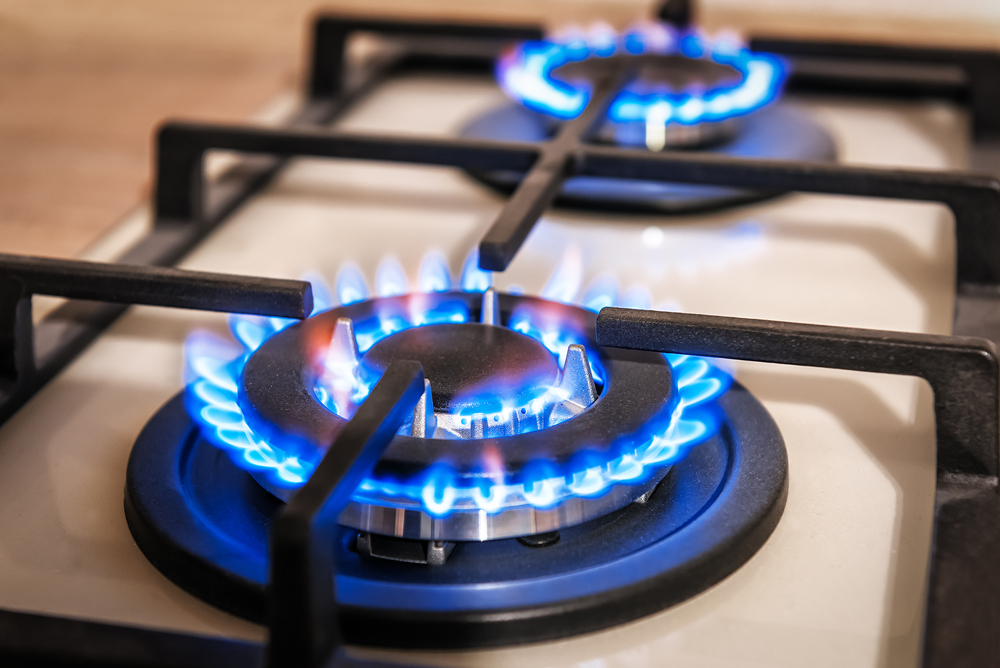How will the energy crisis affect your tenants' cost of living and ability to pay rent?
Energy prices are expected to continue to rise, which will add to the growing cost of living. Rik Smith, Goodlord's Head of Tenancy Services, shares his expert analysis on what that may mean for your landlords' tenants.
Rik Smith
Oct 25, 2021
The government's Heat and Buildings Strategy to decarbonise homes in the UK couldn't come at a better time. As wholesale gas prices rise - pushing smaller suppliers, with no limited funds to protect them, out of the market - our dependence on fossil fuels has been laid bare, letting the current energy crisis gain a foothold. Here's how this situation could play out in the coming months and how it may affect your tenants' energy costs and the overall cost of living.
Why are energy suppliers failing?
If a supplier hasn't already protected itself by hedging its energy demand - or agreeing contracts in advance - when it was cheaper to buy, it is likely to come under enormous and sustained financial pressure.
It may not be able to afford to cover the extra cost over and above what its customers are paying, at which point it may go bust.
Around 30% of the market is made up of these small suppliers - but, never fear, your tenants won't lose their money if they have a credit balance e.g. if they've been paying their bills by direct debit.
Their supply of gas and electricity is secure, even if the energy supplier fails thanks to the regulator’s (OFGEM) “Supplier of Last Resort” safety net.
Will energy prices continue to rise?
Gas prices for consumers are likely to continue to rise, as the price cap gets regularly reviewed. This means that the maximum cost that your tenants pay per unit of energy will still have a ceiling, but their energy bills will likely grow. The cap is calculated by OFGEM, which means that we can anticipate what the next increase for bill payers is likely to be.
On April 2022, the price cap jumped by 54%, to an average £693 increase in energy bills to £1,971 - a genuine addition to the cost of living for over 50% of UK households that weren't on a fixed price energy deal at the time.
From October 2022, Ofgem has also announced that it will start to review its price cap quarterly, rather than twice a year, pending the results of a consultation. This will mean that any dips in price can be passed to consumers quickly - but also that any increases can be apportioned just as quickly.
Which households will struggle most due to the energy crisis?
There are members of society today who struggle to pay their bills, and are in fuel poverty. This is when you spend more than 10% of your wages on your energy bill.
Those who are least fortunate and most dependent on others actually end up living in the poorest quality of accommodation, with low energy efficiency - and they may be facing the choice of whether to heat or eat as this cost of living increases.
Coming off the back of a global pandemic where 7.5% of tenants surveyed in Goodlord's State of the Lettings Industry Report 2021 felt that their income wasn't secure, this may add further pressure to some households' ability to pay rent.
You should be prepared to advise any of your tenants who fall into this category of the financial help available to help them to avoid this situation, and suggest that they speak with their energy supplier too.
You can also continue to work with tenants to assess their financial situation and, for those suppliers that collapse, you can also help advise your tenants by checking where their customers' new supply will come from with our energy supplier tracker.
How might this affect your landlords?
The energy crisis and the increase of cost of living may of course concern your landlords too, especially if they include bills in the rent across a large portfolio of properties. When planning their rent reviews, you should ensure all costs are considered appropriately.
If your landlords - or tenants - are in the market for a new energy deal now, a “Fixed Price” deal may be more expensive than a variable deal, as they aim to account for the uncertainty in the market.
However, everyone should keep running comparisons to find a good deal for their properties and homes in the meantime.
Want the latest lettings new delivered straight to your inbox every week? Sign up to our mailing list and stay up to date.






